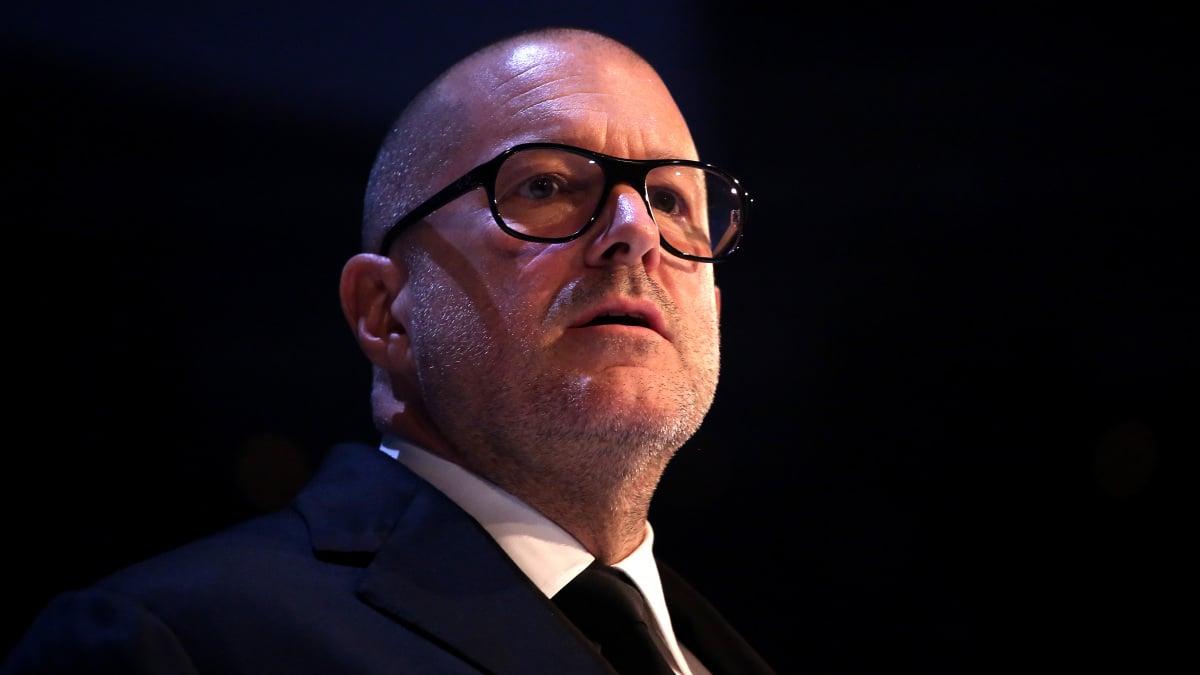OpenAI’s ambitious hardware partnership with former Apple Chief Design Officer Jony Ive has reportedly hit a snag, according to sources cited by the Financial Times.
Those familiar with the project told the FT that Ive’s startup — acquired by OpenAI earlier this year — is facing both software and hardware challenges with the device. The product is envisioned as a palm-sized, screenless gadget capable of interpreting its surroundings through cameras and microphones. The goal is to create a conversational, contextually aware AI assistant similar to Humane’s Ai Pin or Friend AI, with a planned release sometime next year.
But realizing that vision appears to be proving difficult. The team is reportedly struggling to overcome key development hurdles, which could push the release back to 2027. Among the problems are issues with software architecture, infrastructure, and design integration needed to make the device viable at scale.
Mashable Light Speed
Privacy concerns are a major challenge, especially if the device is intended to operate as an "always-on" assistant. And then there’s cost: scaling the compute power needed for a consumer-level AI device could strain OpenAI’s already massive infrastructure budget.
A person close to Ive told the FT that OpenAI, compared to competitors like Google and Amazon, is "already struggling to get enough compute for ChatGPT, let alone an AI device." That’s hardly shocking, given that keeping ChatGPT online reportedly costs the company between $3 and $4 billion a year.
According to the report, the biggest sticking point is the "personality" of the AI itself. OpenAI reportedly wants it to feel like a friendly companion — without veering into the territory of a "weird AI girlfriend." As FT notes, devices like Friend AI have been criticized for the AI personality being "creepy" and "snarky." Many of OpenAI's ChatGPT models have also been criticized for being overly sycophantic as well. "OpenAI was looking for 'ways for it to be accessible but not intrusive,'" the FT writes.
Disclosure: Ziff Davis, Mashable’s parent company, in April filed a lawsuit against OpenAI, alleging it infringed Ziff Davis copyrights in training and operating its AI systems.



